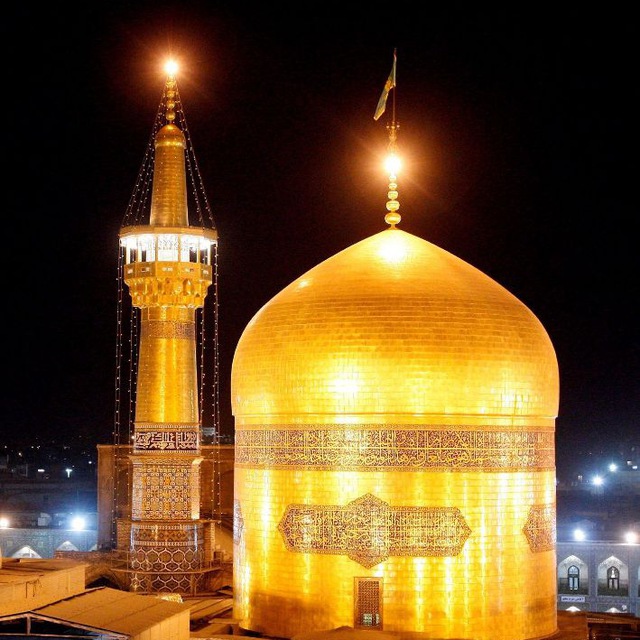Conflict of interest and social dialogue
Abbas Akhundi, February 2016
The first part
Promulgation of the directive prohibiting the acceptance of conflicting interests among engineers, government employees, professional activists and those who are looking to build a house or building for themselves has had different reactions. Some people have taken different positions depending on which side of the story they are on, and some people have taken different positions as an important social issue that can have consequences in other fields as well. As far as I have received feedback, no one has disagreed with the principle of the matter, because it has an acceptable logic in terms of the basis of the matter. However, there are ambiguities about the way of expression and the scope of inclusion and guarantee of its implementation.
Recently, one of my friends sent me an article that may represent a significant part of the questions that exist in society. And the matter was that first of all, the Minister of Roads and his deputy, Dr. Mazaherian, are members of the academic staff of the university, and they will eventually return there in two years. And in the new notification of the Minister of Roads, regarding the conflict of interests of government employees and the prohibition of their employment in the engineering system, only 9 organizations are mentioned and no name of academic staff is mentioned. Therefore, a few years later, according to the law, they can use these services. And this move of theirs is more demagogic. Secondly, 1% of government engineers have a conflict of interest with the services of the engineering system due to their jobs, the solution of which is to pass a law or create a distribution system for engineering services to prevent corruption, not to exclude all government engineers from this. To prohibit services that are their legal right. This message has several propositions.
1. One is that faculty members are exempted from this instruction. This proposition is not correct in this way. What is excluded from the 141st article of the constitution of academic faculty members is having two jobs. However, the basis of the notification of the directive is not to accept conflicting interests. This means that faculty members cannot accept conflicting interests and no one is exempt from this. Whether members of the academic staff or any other engineer. An engineer, regardless of whether he is a government employee or not, according to regulations, has no right to accept conflicting interests. Therefore, what is mentioned in the instructions is a part of the examples and the matter is not exclusive to these cases and the police teams are obliged to deal with all cases of violations according to the regulations.
Of course, I agree with the implicit opinion of the questioner about the imprudence of excluding academic staff members from having two jobs, and ironically, I believe that this issue has not brought a positive result for the growth and knowledge in Iran. In my opinion, one of the reasons for the slow growth of Iranian universities is this principle of the constitution, which has caused academic staff members to not have enough commitment to the university and practically spend from zero to a large part of their time outside the university, depending on the taste of the people. .
Perhaps those who established this principle thought that they would provide this opportunity for academic staff members to better communicate with the industry. Of course, this matter not only does not help this purpose and did not, it has given and is giving the opposite result. If the university is going to communicate with the industry, the university should communicate and not the faculty members individually. However, the same confusion of meaning exists in the second statement.
The end of the first section – continued in the next message
@AbbasAkhoundi
This post is written by monese_ghamgosar
